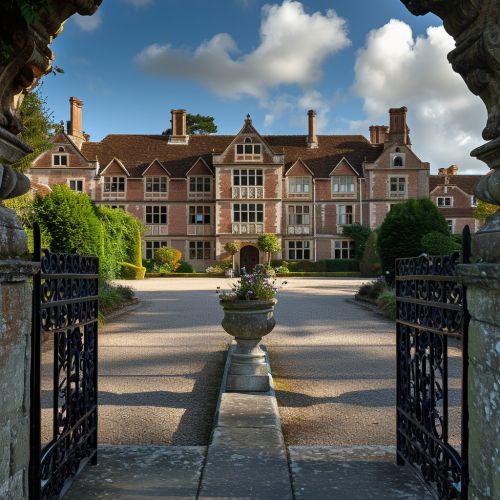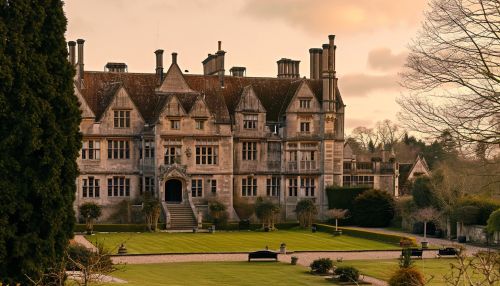Robert Devereux, 3rd Earl of Essex
Early Life
Robert Devereux, the 3rd Earl of Essex, was born on 11 January 1591 in London, England. He was the son of Robert Devereux, 2nd Earl of Essex and his wife, Frances Walsingham, daughter of Sir Francis Walsingham, the principal secretary to Queen Elizabeth I. His father was a favourite of the Queen, but fell from grace after leading a failed coup against her government and was executed for treason in 1601.


Education
Devereux was educated at Eton and Merton College, Oxford, where he studied classical literature and history. He was known for his intellectual curiosity and was a patron of the arts and sciences throughout his life.
Military Career
In 1610, Devereux joined the English army and served in the Eighty Years' War against Spain. He distinguished himself in several battles and was appointed to the rank of General in 1625. He led English forces in the Anglo-Spanish War and the Bishops' Wars against Scotland.
Political Career
Devereux was a prominent figure in the court of King James I and later, King Charles I. He was appointed Lord Lieutenant of Staffordshire in 1614 and held several other high-ranking positions in the government. However, his political career was marked by controversy and conflict. He was a vocal critic of the King's policies and was one of the leading figures in the opposition against the royal prerogative.
Role in the English Civil War
Devereux played a significant role in the English Civil War, siding with the Parliamentarians against the Royalists. He was appointed the commander-in-chief of the Parliamentary army in 1642. However, his leadership was often questioned due to his lack of military experience and his strategic mistakes. He was relieved of his command after the disastrous Battle of Lostwithiel in 1644.
Later Life and Death
After his dismissal from the army, Devereux retired from public life. He died on 14 September 1646, at the age of 55. His titles and estates were inherited by his son, Robert Devereux, 4th Earl of Essex.
Legacy
Devereux is remembered as a controversial figure in English history. His military and political career was marked by both successes and failures. He is often criticized for his role in the English Civil War, but his opposition to the royal prerogative and his support for parliamentary sovereignty had a significant impact on the political landscape of 17th century England.
